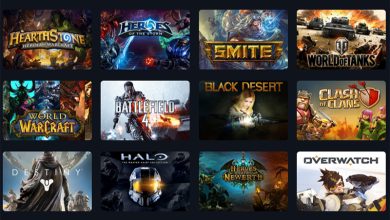The role of sponsorships and partnerships in the esports industry

The esports industry, also known as competitive video gaming, has grown significantly in recent years and has become a mainstream form of entertainment. Sponsorships and partnerships play a crucial role in the growth and development of the esports industry.
Sponsorships in esports refer to a company or brand providing financial or in-kind support to an esports team, event, or individual gamer in exchange for exposure and branding opportunities. Sponsorships can take various forms, such as monetary sponsorships, product sponsorships, and content sponsorships.
Monetary sponsorships involve a company providing financial support to an esports team or event in exchange for branding and promotional opportunities. This type of sponsorship can help cover the costs of tournament prizes, player salaries, and other expenses related to the esports team or event.
Product sponsorships involve a company providing products, such as gaming equipment or apparel, to an esports team or event in exchange for branding and promotional opportunities. This type of sponsorship can help the esports team or event save money on these items and provide a source of income for the company.
Content sponsorships involve a company providing content, such as videos or social media posts, to promote an esports team or event in exchange for branding and promotional opportunities. This type of sponsorship can help increase visibility and engagement for the esports team or event.
Partnerships in esports refer to a collaboration between two or more entities, such as an esports team and a company, to achieve a mutual goal. Partnerships can take various forms, such as strategic partnerships, co-marketing partnerships, and licensing partnerships.
Strategic partnerships involve a company and an esports team working together to achieve a specific goal, such as increasing brand visibility or expanding into new markets. These partnerships often involve a long-term commitment and can involve the sharing of resources and expertise.
Co-marketing partnerships involve a company and an esports team promoting each other’s products or services to their respective audiences. These partnerships can help both parties reach new audiences and increase brand awareness.
Licensing partnerships involve a company licensing an esports team’s brand or intellectual property for use in their own products or marketing efforts. These partnerships can help generate additional revenue for the esports team and provide the company with access to a popular and engaged audience.
Sponsorships and partnerships play a critical role in the esports industry by providing financial support and branding opportunities for esports teams and events. These relationships can help teams and events cover their expenses and generate additional revenue, which can help them grow and succeed in the competitive esports landscape.
In addition to the financial benefits, sponsorships and partnerships can also help increase visibility and engagement for esports teams and events. Companies can use their marketing and promotional channels to reach new audiences and increase brand awareness through their involvement in the esports industry.
Esports sponsorships and partnerships also provide companies with the opportunity to connect with the highly engaged and passionate esports community. This can help companies better understand the needs and preferences of esports fans and develop products and services that align with their interests.
Overall, sponsorships and partnerships play a vital role in the growth and development of the esports industry. These relationships provide financial support and branding opportunities for esports teams and events, while also allowing companies to connect with the highly engaged esports community and reach new audiences.




